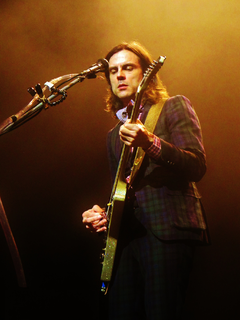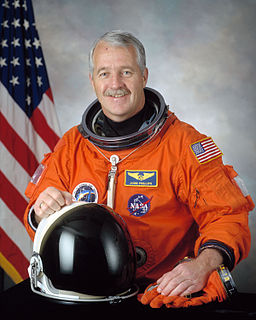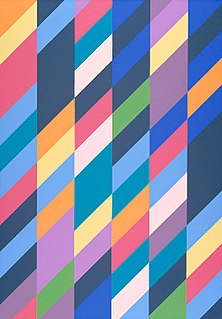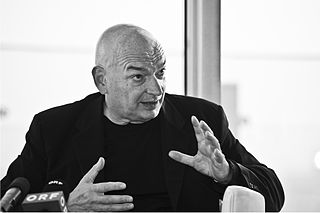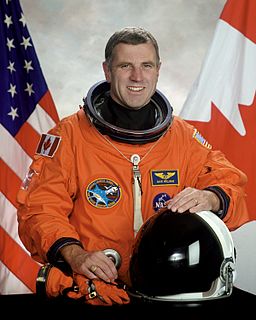A Quote by Brian Bell
When I was thinking of people for the Space Twins, I wanted people who were sort of space cadets in the first place. I consider myself to be one.
Related Quotes
In my earlier paintings, I wanted the space between the picture plane and the spectator to be active. It was in that space, paradoxically, the painting 'took place.' Then, little by little, and to some extent deliberately, I made it go the other way, opening up an interior space... so that there was a layered, shallow depth.
Intellectually, perspective [drawing] is a breakthrough, because here, for the first time, the physical space we live in is being depicted as ifit were an abstract, mathematical space. A less obvious innovation due to perspective is that here, for the first time, people are actually drawing pictures of infinities.
On my second space walk, I was riding the Canadarm, heading down toward the payload bay of the space shuttle, and I could see the space shuttle highlighted against the Earth in the background, and there was this black, infinite, hostile void of space. I remember looking down at the Earth and thinking, "Beneath me is a 4½-billion-year-old planet, upon which the entire history of the human species has taken place." That was an incredibly humbling moment, and I had a bit of an epiphany.
